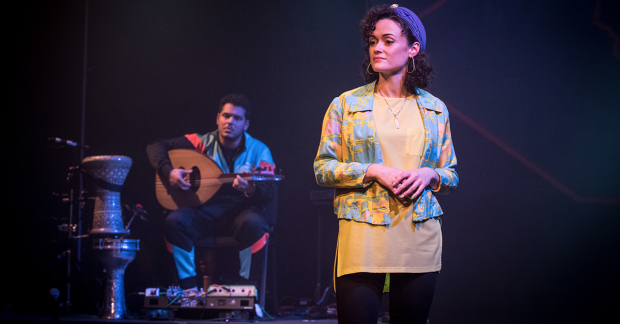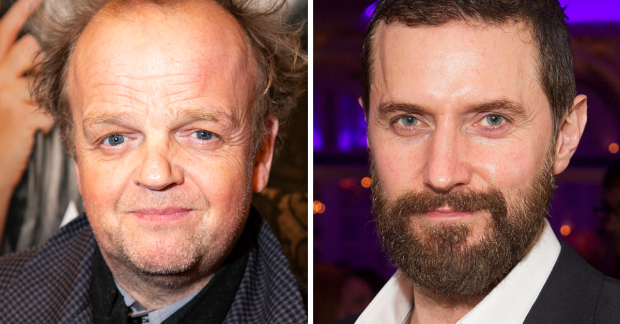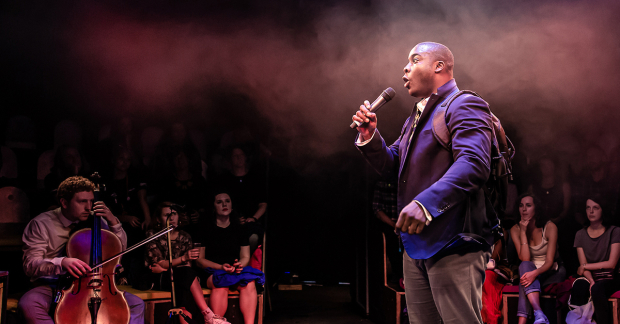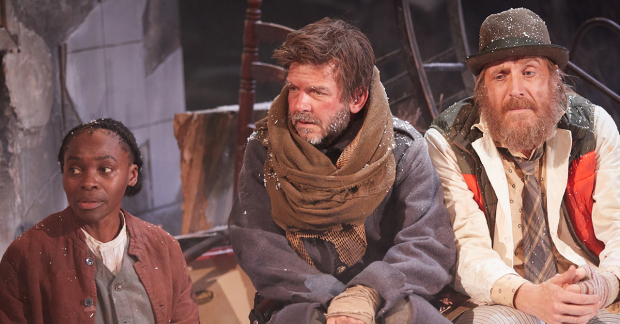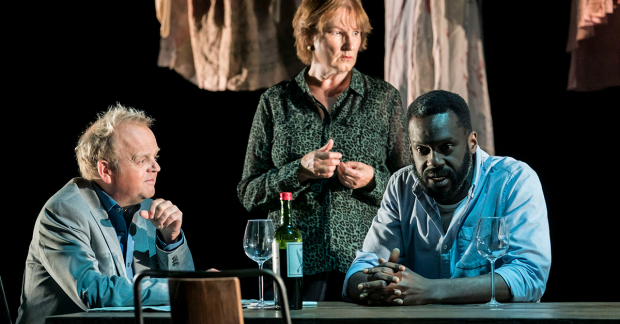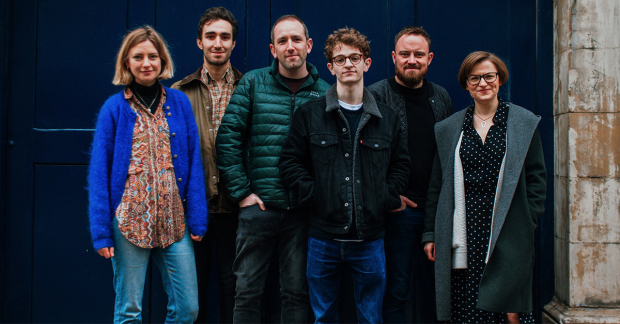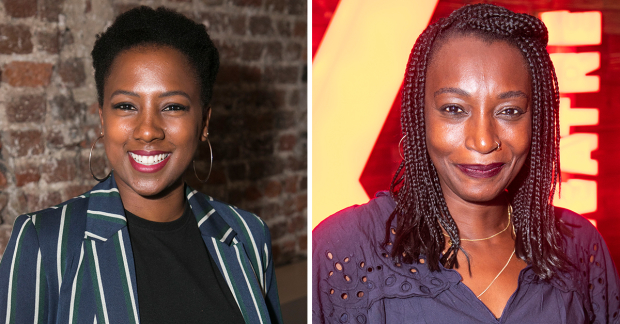Stef O'Driscoll: So you want to be a director?
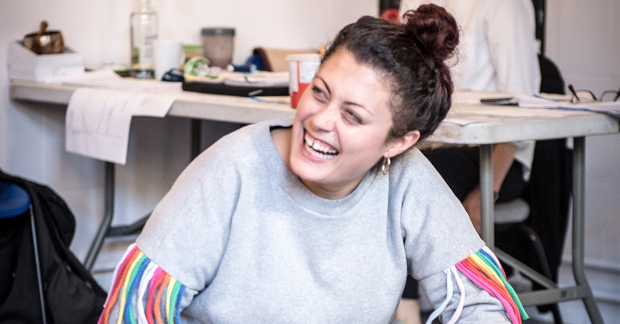
© Craig Sugden
At one point in October, director Stef O'Driscoll had four shows running simultaneously in London – three for Paines Plough's Roundabout, and the ongoing A History of Water in the Middle East at the Royal Court. Artistic director of nabokov theatre company, we asked O'Driscoll to share her top tips and tricks with those aspiring for a future as a theatre director.
1) Can you introduce yourself?
Yes I can. I am Stef.
2) When did you know that you wanted to be a director?
Other people knew before I did. My youth theatre director Nicholai LaBarrie at Ovalhouse suggested that maybe I should think about directing as I was forever directing myself and the other people I was on stage with! I knew for certain that directing was something I wanted to pursue after I had directed my first full production at St Mary's University. I discovered in a new writing module run by the incredible Michele Paull a play that transformed my life called YARD GAL by Rebecca Prichard. This was the first play that I had read where I related to the world and the characters and knew from that point onwards what my role in theatre could be. I could tell those stories and celebrate the worlds I know and love that I rarely saw represented on TV or on stages.
3) What was the first project you worked on?
After taking Nicholai's advice he supported me to direct a short play by Suzan-Lori Parks at Ovalhouse and I really remember enjoying adding music and coming up with ideas for how it should be lit. I think I was 18 then.
4) Who helped you during the early part of your career?
i) Nicholai LaBarrie and the incredible artists who I met at Ovalhouse who are now my peers and creative support network. Nicholai supported a generation of artists to organically grow and provide opportunities that we could excel in and learn what kind of artists we wanted to be. This start was invaluable.
ii) Sean Holmes the first director I ever assisted. I am eternally grateful for him taking a chance on a bold south London girl to work on the revival of Sarah Kane's Blasted. Blasted of all plays. Mind blown – and then he gave me a proper job with a salary and everything.
iii) James Grieve and George Perrin, the previous artistic directors of Paines Plough, who nurtured my development as an artist over the last 10 years.
iv) Michele Paull, my teacher at uni who gave me the most valuable thing a human could give another and that was her time.
v) The people I raved with and the DJs and MC's I raved to.
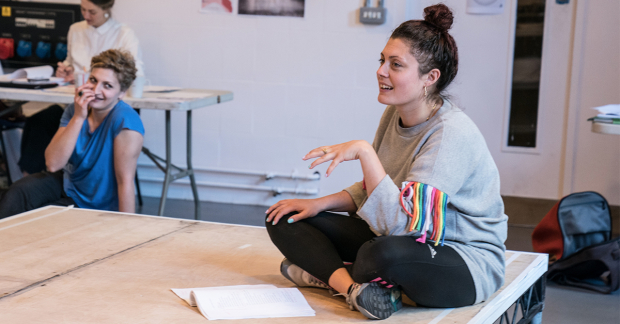
© Craig Sugden
5) What advice would you give to your younger self?'
To not be embarrassed and say I can't financially afford to assist you for free.
6) What advice would you give to anyone wanting to be a director?
i) Don't be a d*ck. Kindness costs nothing.
ii) Don't wait for someone to give you the keys and invite you to make work. Make work. Cut your own keys and if you don't know how just ask.
iii) Find your tribe. Find those artists you trust and vibe with. They are invaluable and probably the people you will make work with for the rest of your career.
iv) Know you deserve to be there. Know your voice is valid and what you bring is unique and no one else can ever be you.
7) What resources proved most valuable to you during your early career?
PAID opportunities to learn and assist other directors.
8) What mistakes do you think are the easiest to make when starting out?
Believing that there is a set way of doing things. No one actually has a clue so make your own path and rules that feel right to you.
9) What would you say is the most rewarding aspect of your job?
Seeing the growth and development of the humans you are working with, and collaboration.
10) What would you like to see in future generations of directors?
Just that they simply tell the stories they want to tell and create supportive, positive and safe environments to make them in.



